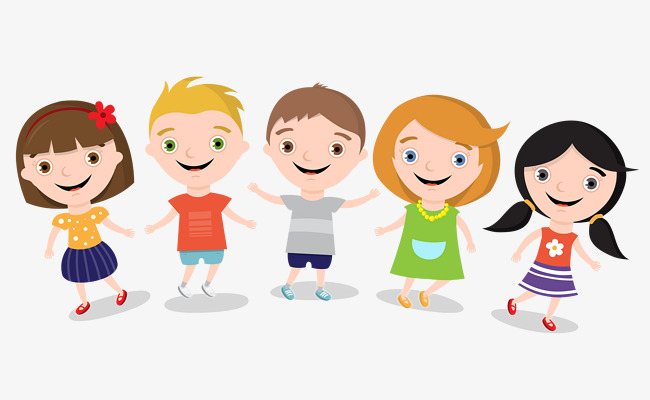
Watching your child grow and blossom is one of the most exciting parts of being a parent. The role of a parent evolves continuously, as the child enters various phases of life. Being the ultimate friend, philosopher and guide is not an easy task. There are health concerns, safety issues, and education and socialization issues to think of. Here we will try to make your jobs a little easier as we take you through each child development stage and what you can do at each of these stages.
Age 3 to 5 (Pre-School)
These are the formative years for children, when they are actually learning “how to learn” and developing a curiosity about the world around them. According to an article on Harvard Journal, a great deal of the brain architecture has been developed by this time, but the process hasn’t yet stopped.
Now is the time to inculcate the right foods in their diet, for their brain and body development. Fruits, vegetables and milk are essential. Milk is especially important because no other sources are as rich in Vitamin D, which along with calcium is responsible for healthy bone structure. Fortifying milk powders, such as Enfagrow A+, contain DHA, an essential Omega-3 fatty acid, available in few sources and produced in very little amounts in the body. DHA has been proven to be a compulsory component in development of children’s cognitive and motor skills.
Parents are their children’s first teachers in these early years. Explore nature with your child. Read and count with them, to enhance their language skills. Also, be clear and consistent when disciplining your child. Be patient with their questions and encourage them to ask them in the first place.
Age 6 to 8 (Off to School)
Children of this age are developing physical, social and mental skills at a very rapid pace. The idea of past, present and future is becoming clearer and so is the power of articulation, according to an article on Edmentum.
Engage them in creative activities and ask them to do small household chores to develop their self-confidence. This is also the time when they develop self-consciousness. An article on PBS Parents tells parents to notice whether a child is shy or extroverted and develop their interests accordingly.
Age 9 to 12 (Middle School)
At this stage, physical changes are becoming prominent. Children are becoming aware of the differences between boys and girls. With emotional and cognitive health, it is also the duty of a parent to take care of a child’s sexual health and understand their evolving sexuality, according to an article on AdvocatesforYouth.
Help your child understand puberty and menstruation. Teach them the importance of consent and respect for every individual. Help them to engage in extracurricular activities that they love, to boost their self-esteem and confidence.
The task of a parent is one of a lifetime. Children’s development takes place at a different pace for each kid. The constant thing is the need for the right attitude to take charge of their own lives.